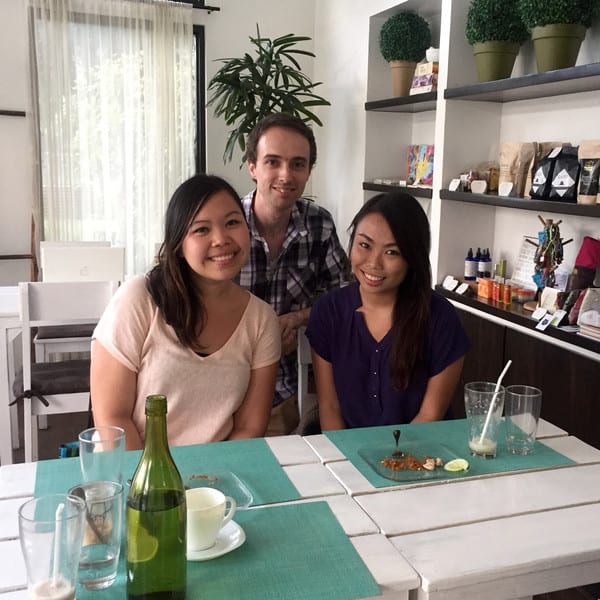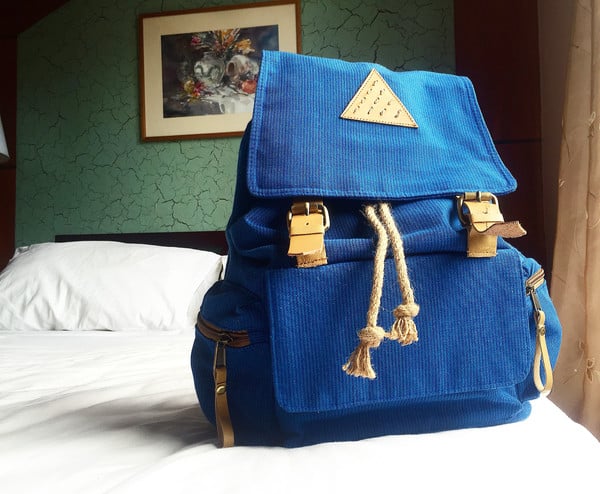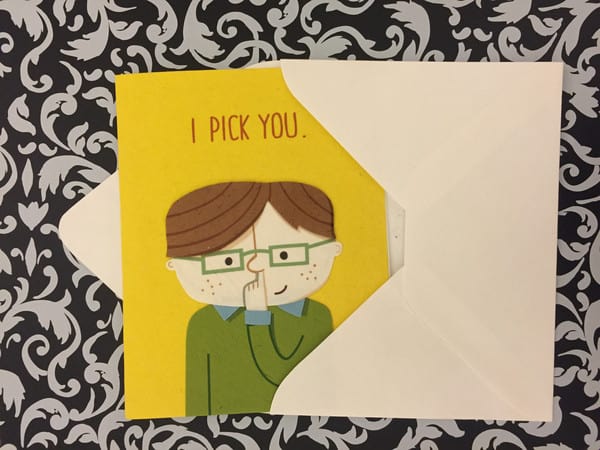Photo by Hans Vivek
At the beginning of the year, Jérôme and I hopped onto a plane and flew halfway across the world to spend two months in the Philippines. We were there for a number of reasons, but our number one goal was to learn more about social entrepreneurship. And boy, did we learn a lot.
The Philippines is a teeming hotbed for young and dynamic startups with a socially conscious twist. There are businesses creating jewelry out of old T-shirts, bag companies born to preserve indigenous cultures, and beach blankets that fight sand erosion. The ecosystem of social enterprises in Philippines shares similarities with Silicon Valley of San Francisco, and Jérôme and I were fortunate enough to find ourselves there.
Here are our five major takeaways about social entrepreneurship after immersing ourselves in the active and innovative social enterprise scene of the Philippines.

1. IT’S EASY TO MAKE MONEY. IT’S HARD TO MAKE IT ETHICALLY.
As a social entrepreneur, your job is to balance making profit with helping people (and doing it in the most environmentally responsible way possible). It’s a tough job, and one where you often have to make decisions that sacrifice short-term profit in favour of your ethics and principles.
EJ Mariano, for example, is CEO of AKABA, an ethical bag company that works with indigenous weaving communities to produce their items. For him, he spends a considerable amount of time and money traveling to remote communities to source indigenous fabrics and work with weavers. Many of them have little/no work experience or job skills, so he also needs to train them and pays his weavers above-the-minimum wages. This was a conscious decision he made for his company, even though he could easily find people in Manila who are already job-ready and willing to do it for half the price.
In another example, Dylan Wilk (CEO of Human Nature, a 100% natural cosmetics company) spoke of their no-fire policy. This policy is controversial and pretty challenging from a business perspective, but in Dylan’s opinion, it’s necessary especially in a country like Philippines. Most employers treat their workers as disposable and a significant percentage of people have never had permanent and stable employment. In this context, Human Nature’s no-fire policy is a statement that people are valuable and everyone deserves a chance to improve themselves and give back to their communities.

2. PRIORITIZE WHAT’S IMPORTANT AND INVEST YOUR ALL INTO IT.
You’ve got to spend money to make money, as the saying goes. But you’ve got to spend on the right things. From our meetings, we quickly noticed that the most successful entrepreneurs were ones who knew exactly what kind of company they wanted, and weren’t afraid to invest a significant amount of time and money into it. The best example of a company doing this right is our popular Good Paper greeting cards. These cards quickly became a customer favourite because of their quirky designs and high quality (the cards are so well-crafted that some people even doubt us when we say they’re handmade!).
From the very beginning, Good Paper wanted to prioritize design and quality. They hired a team of talented designers in San Francisco who develop and create each unique design, while their partner The Paper Projectcarries out manufacturing in the Philippines. Benj Aritao, founder of The Paper Project, shared with us that quality assurance is one of their biggest expenses as a company. Every card is inspected for quality once it’s made, and is then inspected a second time after it is shipped to their distribution site in Manila. If a card doesn’t meet quality standards, it’s shipped all the way back to the same woman who made it.
Quality assurance and design are huge expenses, but they’ve paid off. Good Paper cards are now distributed all over Philippines and are even in some major retail shops in the US!

3. THE PEOPLE YOU’RE TRYING TO HELP DON’T ALWAYS WANT IT.
This is probably the biggest shock you’ll encounter as a social entrepreneur. Every social enterprise we met with regularly struggles with employee retention, worker misconduct, and low motivation.
For example, many workers in the textile space are paid based on how many units (for example, necklaces) they are able to make. A common problem is that some employees will actually sell the raw materials they are provided for additional income, even though the money they could earn from using those materials to produce a finished product would be ten times as much.
One entrepreneur told us that he has had to fire weavers in the past because of theft or because they simply refuse to follow rules of conduct. Another entrepreneur shared that she has had to practically beg artisans to come to work, or else they wouldn’t meet their production timelines. Despite the higher pay, better work conditions, and additional programs (such as financial education and business management trainings) that social enterprises are willing to offer, they still encounter many challenges from a human resource perspective.
This doesn’t mean you should be discouraged as a social entrepreneur. This means that you’re not here to give charity in the form of jobs – your job is to be a community partner. This means educating people, changing mindsets, and helping communities become self-sufficient. That involves outlining clear rules and sometimes even doling out discipline or occasionally motivating people when they get discouraged.
4. THE FOR-PROFIT WORLD CAN PREPARE YOU FOR THE TOUGH WORLD OF SOCIAL ENTERPRISES.
Back in Toronto, I’ve often heard people say things like, “Get involved in a social venture! It can prepare you for the corporate world!” I think this is the exact opposite. You need skills and business knowledge gained from the for-profit world to help you run your social enterprise.
Many of the social entrepreneurs we met in Philippines previously came from corporate backgrounds, and some of them are still holding down a full-time job while they manage their social business. EJ manages a successful national food business for his parents when he’s not working on AKABA, and Yana Santiago from Olivia & Diego is also the property manager for her family’s investment property, not to mention Dylan Wilks from Human Naturewas previously one of the richest men in England due to his video game business.
Like we said before, it’s relatively easy to make money but it’s hard to make money the ethical way. This isn’t to say you need to have launched your own for-profit business first or wile several years away at a corporate job before thinking about social enterprise, but any additional understanding or experience you can add to your toolbox of skills will only help you become a better social entrepreneur.
5. YOU DON’T NEED TO BE AN EXPERT TO GET STARTED.
If you’re managing your own social enterprise, you need to know your business and industry inside out. But don’t be fooled – many social entrepreneurs had no clue what they were doing when they started out. Fabien Courteille, founder of Filipino toy company Plush & Play, didn’t know anything about toys or sewing. During his speech at the Social Business Summit in January, he recalled that the first prototype of toys they created were horrible. They tried to create a toy in the shape of a tomato and it came out looking more “like ketchup”, he said with a laugh. Being from France, he also had very little knowledge of the Filipino business market.
Since then, they’ve hired designers and work with experienced nanays (mothers in the surrounding poor communities) to produce their line of non-toxic and educational toys. Plush and Play is actually the first and only Filipino toy company present at Toy Kingdom, the biggest toy retailers in the country (the rest are American and Japanese brands).
Being a social entrepreneur isn’t easy. It’s a road paved with difficult challenges to face and decisions to make, but don’t let that stop you. It’s always easier than you think to get started, and you’ll be in the same boat with some really amazing and talented people. We promise.
The original post can be seen at Cambio Market’s blog here.









